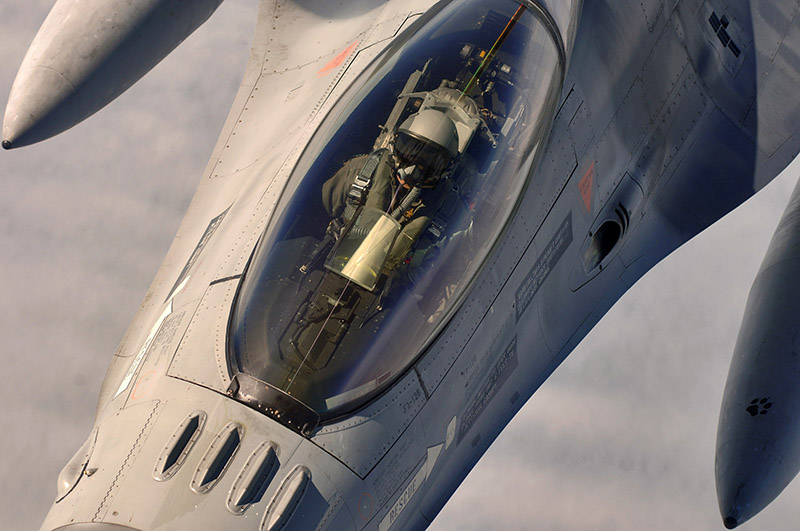This could be a European Precedent
A couple of weeks ago, Belgium, Luxembourg, and the Netherlands signed an agreement which is to regulate joint air defense operations carried out in their airspaces.
Signed by the Ministers of Defense of the Netherlands and Belgium, and Luxembourg’s Dutch Ambassador, the agreement, that ratifies that the signing countries will rotate the air policing duties, is a follow-up to a letter of intent signed by the countries back in Oct. 2013 that will have to be ratified by the respective governments, a process that could take about a year according to IHS Jane’s.
The memorandum may be treated as a precedent by other European Union member states, whose air forces, as a consequence of the ever shrinking defense budgets, lack some (basic) capabilities, including the ability to protect the sovereignty of their airspace round the clock.
However this is nothing new in Europe, where air arms are trying to embrace the “pooling and sharing” concept to save some money and NATO has carried out regional Air Policing missions, including the one in the Baltic (BAP), for quite some time now.
Anyway, the Benelux countries are willing to begin the joint air space security operation, starting from 2017.
According to the IHS Jane’s report on the issue, the fighter force of Belgium and the Netherlands will defend the countries, providing proper QRA (quick reaction alert) capabilities. Obviously, not only will the defensive operations cover the issue of military threats, but they will also be dealing with renegade aircraft. This means that a new scheme of air policing is to be implemented next year must take every situation into account.
Its legal implications are quite interesting. According to Jane’s, Belgians would be able to ask the Dutch fighters to shoot down renegades in the Belgian airspace and likewise, the Belgian F-16 could be authorized to neutralize such threat in the Dutch airspace.
This is a precedent in the European law, hence additional time is needed to discuss the legal character of the new operation. For example, according to euobserver.com, Luxembourg’s authorities have already excluded any use of lethal force over their territory.
When it comes to Luxembourg, the situation here is quite similar to that of Lithuania. The country has no relevant fighter force, hence help from the neighbors is required to provide air policing.
The situation is also interesting equipment-wise, since the Royal Netherlands Air Force is looking forward to replace its F-16s with the F-35, which will be probably delayed due to the problems related to the Lightning II program. The Belgians are going to replace their F-16s as well. Here the Rafale is a viable candidate, however the joint air policing operations may lead to different choices (including the F-35).
What is more, we can’t help but notice that the joint air-policing initiative is probably aimed at bolstering the Benelux capabilities to deter potential Russian intruders, who so far not only have been active in the Baltic area, but also within the airspace of UK and have often skirted the Dutch airspace.
















